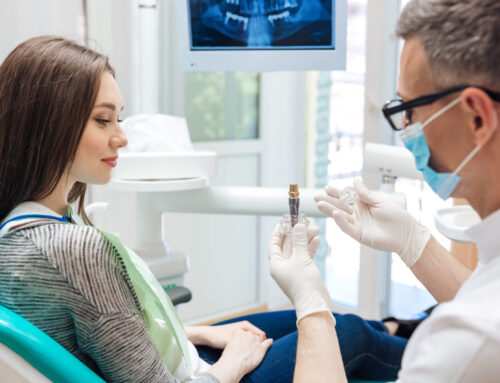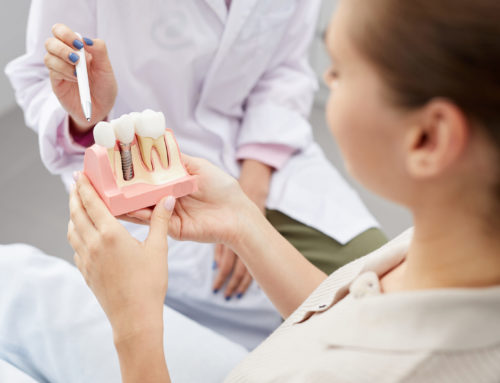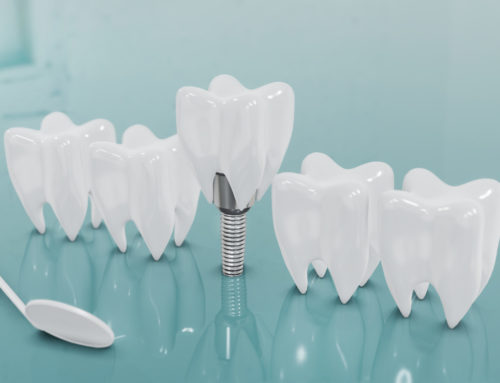As with any surgery, there are certain risks that come along with it. However, these risks and possible complications are minimal when patients understand them and work with experienced surgeons. For instance, when it comes to a dental implant, there are three key ways to minimize your risk. OMSH provides some information below to help you obtain successful implant results and restore your smile.
Consult With an Oral Maxillofacial Surgeon
Any patient who is considering dental implants must take the very first step in minimizing their risk of developing complications. That first step is consulting with a highly trained and experienced oral maxillofacial surgeon. At OMSH, our skilled staff of oral surgeons will proficiently evaluate your dental condition to determine your oral care needs.
During the consultation, they’ll provide medical recommendations and suggestions for implants and procedures best suited for your situation. In addition, your surgeon will also help you understand the procedure and if you’re a good candidate. Fortunately, most of the risk factors that come with having dental implants are easy to control or modify. And through your initial consultation with an oral maxillofacial surgeon, you’ll learn how to keep certain risks down to a minimum.
Learn if You’re a Good Candidate
The main thing that you’ll learn during your dental implant consultation is if you’re a good candidate for the procedure. Ideal implant candidates will be in good general health and primarily have missing and/or failing teeth. Surgeons will also recommend implants if you are missing teeth and have severe dry mouth, acrylic denture allergies, or muscular facial weakness.
However, the best way for the oral surgeon to determine candidacy is to conduct a comprehensive medical history, clinical evaluation, and radiographic oral examination. They will confirm if your installation site(s) are healthy enough for implant retention and successful results. Every patient should be ready to discuss their needs, medical conditions, and other concerns when consulting with the oral surgeon. Consequently, every health factor will help them determine if dental implants are right for you. Risks will run especially low overall when patients are a good fit for implants.
Do Your Research
Besides learning if you’re an ideal candidate for dental implants, you must do the necessary research to learn all you can.  For example, most people don’t know that nowadays, implant success rates are currently up to 98% effective. That is extremely high and offers great news for patients. However, it is crucial that you seek implant installation from only a skilled and experienced surgeon, like those from OMSH.
Today’s modern implant surgeries may only require very minor corrective procedures. Yet, through research, you’ll discover more about procedure options, various benefits, the different kinds of implants, and the recovery process. Therefore, learn all you can prior to your surgery.
Follow the Post-Op Aftercare Instructions
Remember, implants provide a permanent solution for missing teeth and they do require good aftercare practices. The most important thing you can do after your surgery is to follow the oral maxillofacial surgeon’s post-operative instructions! Not only will you feel better and help ensure proper recovery and healing, but you minimize your risk of developing complications.
At OMSH, we always provide aftercare instructions to help with the healing process. However, it helps to have someone with you after surgery to help ensure that you follow instructions. There may be a day or two where you’ll need them to assist you around the home because you will need the downtime to rest and recover. This is why it’s crucial that you discuss your planning phases in advance with your surgeon, and a friend or family member.  This is important for a successful implant procedure and will minimize your risks.
For more information, or to make an appointment, call OMSH today to discuss your needs with an experienced Houston dental implant surgeon. Call 832-509-4505.





